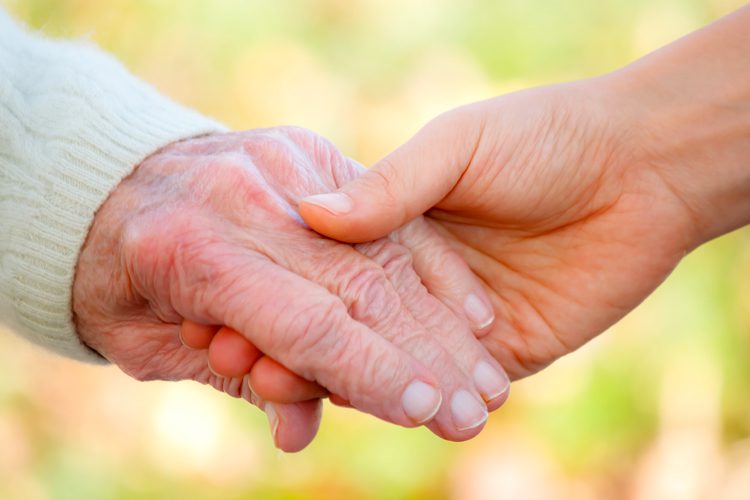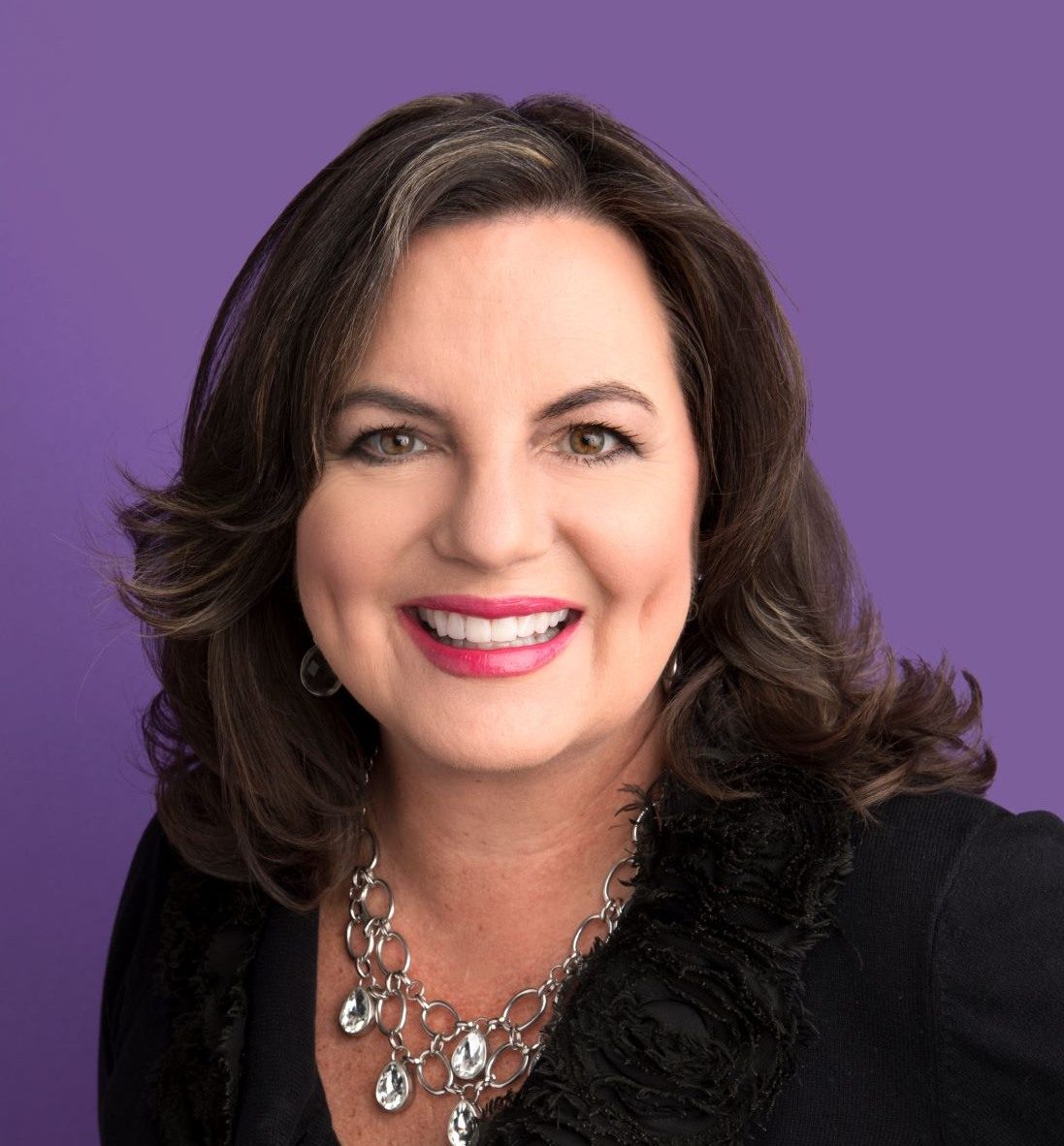Written By: Kelly O’Connor, longevity industry insider and keynote speaker
We live in a death-averse society. Most people avoid talking about end-of-life planning because it feels uncomfortable, even morbid. But I see it completely differently.
After walking through four deaths in my immediate family, I can say with 100% certainty: planning ahead is not about death; it’s about love.
When grieving, especially an unexpected loss, the last thing you want to do is make decisions. You’re heartbroken and exhausted, your brain is foggy, and everything feels overwhelming. Yet families are often forced to make decisions quickly, sometimes answering dozens, actually hundreds, of questions in just a few days.
My friend and colleague Jamie Sarche at Feldman Mortuary in Denver says there are 120 questions a family must answer when someone dies. Things like: What kind of service do you want? What music should be played? Burial or cremation? Who’s going to speak? It seems endless.
Now imagine if those decisions had been made years earlier, during a pre-planning period. Imagine the relief of knowing exactly what your loved one wanted, so you could focus on being with your grief, instead of being forced to figure everything out. That’s why I believe end-of-life planning isn’t morbid at all; it’s one of the most loving things you can do for your family.
What Is End-of-Life Planning?
End-of-life planning starts simply – with thinking ahead and writing things down. It’s about making decisions now, while you’re healthy and clear-headed, so your family doesn’t have to guess later.
Four Key Areas to Address in Your End-of-Life Planning
1. Legal and financial documents
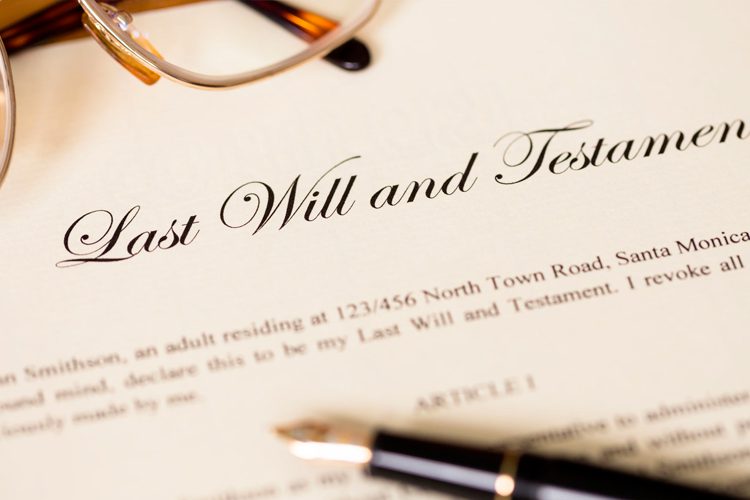
- Have you named someone to handle your finances with a durable power of attorney document if you become unable to pay your bills and make financial decisions yourself?
- Have you appointed a healthcare power of attorney to advocate for you when you cannot comprehend complex medical information or speak for yourself?
- Do you have a living will or advance care directive to spell out your medical wishes at the end of life, including any life-saving measures you’d like taken and whether you wish to be an organ or tissue donor?
- Do you have a will in place that specifies how your assets will be handled after your death and who will serve as your executor or personal representative?
2. Quality of life wishes
- What quality of life do you want for yourself if you become frail or dependent on care?
- If you are incapacitated physically or cognitively, would you prefer to be cared for at home or in a care community?
- How will the cost of care at home or in a community be paid for?
3. Funeral and memorial wishes
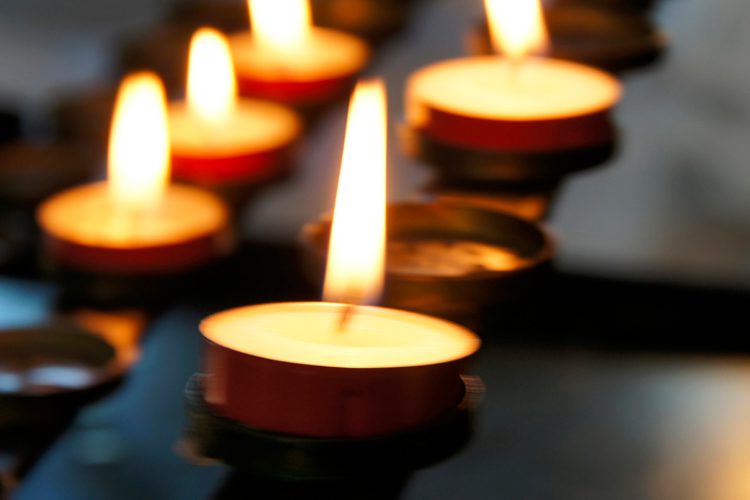
- Do you prefer burial, cremation, or another type of body disposition available in your state?
- Would you like a large service, a small gathering, or no service at all?
- Are there songs, readings, or traditions that are meaningful to you?
- What photos or biographical information would you like to have shared?
4. Personal touches
- Do you want to write letters to loved ones or record your stories to pass on throughout future generations?
- Would you like to organize photos or family keepsakes so they can be preserved and appreciated?
- Have you downsized the contents of your home to make things easier for your family after you move to senior living or pass away?
Why End-of-Life Planning Matters So Much
Having supported nearly 2,000 families facing elder care transitions in my career, I’ve seen the difference end-of-life planning makes firsthand. When someone has everything planned out, the family is freed up to simply follow their wishes, while spending their valuable time and energy comforting each other, grieving together and telling stories instead of focusing on decision making.
When there was no plan in place, everything was hectic and harder. Scrambling to guess what their loved one “would have wanted” sometimes leads to arguments and extended guilt. And honestly, that uncertainty and resentment can linger on long after the funeral.
Planning ahead prevents most of that. It protects your family from unnecessary stress, it reduces conflict, and it gives them the freedom to just be present.
How to Get Started
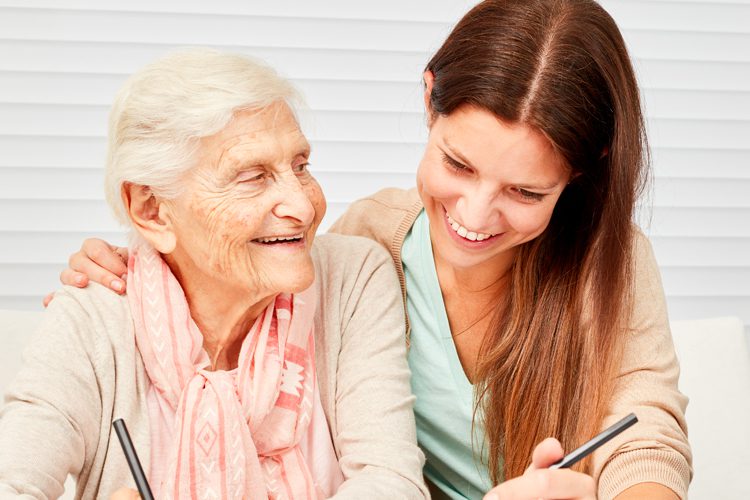
End-of-life planning doesn’t have to be an overwhelming project. You don’t need to do everything at once. You can start small:
- Write down your healthcare wishes.
- Have a conversation with your spouse or adult children.
- Meet with an attorney to draft or update your will.
Even one step forward makes a big difference. And remember, nothing is set in stone; you can always update your plan as life changes.
There are people who can help guide you through the process, too. Estate attorneys, financial planners, and funeral pre-planning specialists (like Jamie) walk families through each step before they’re in crisis. It’s a tremendous gift of clarity and peace of mind for yourself and your loved ones.
When to Get Started
Recently, a former colleague of mine in her 40s died while on vacation with her family. There was no plan in place because most younger people don’t think (or don’t want to think) about end-of-life. Because none of us know the day that we will die, all adults ages (18 and older) are encouraged to have at least the basics in place – a power of attorney document and a conversation about end-of-life wishes. Consider it part of sending a child to college or getting their first apartment.
Final Words of Advice
Talking about death won’t make it come any sooner. But avoiding the conversation won’t stop it from happening either. The question is whether to leave your loved ones with confusion or with clear instructions and peace of mind.
End-of-life planning doesn’t have to be grim. It’s loving, thoughtful, and deeply human. It gives your family:
- The freedom to grieve without added stress.
- Confidence that they’re honoring your wishes.
- More connection, less conflict.
To me, that’s what love looks like.

